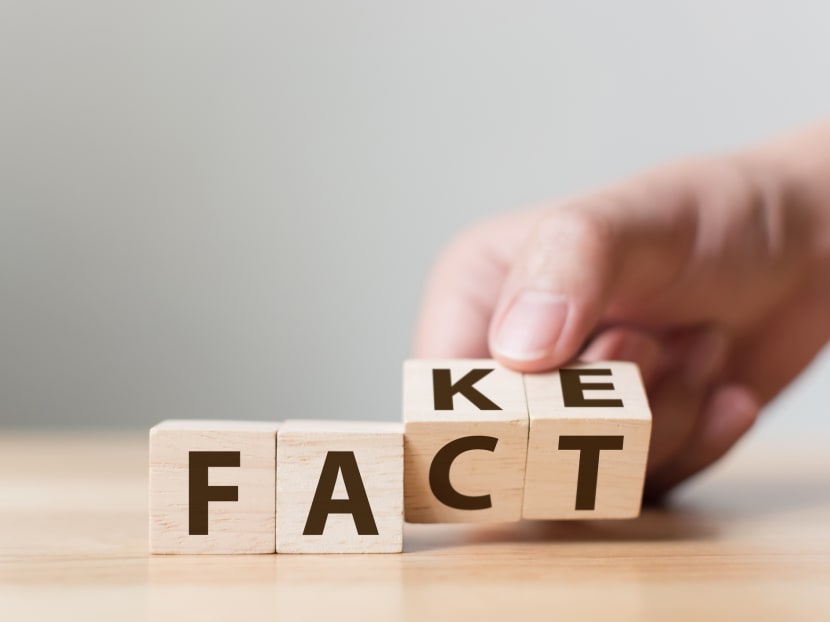All you need to know about Singapore’s proposed fake news law
SINGAPORE — After two years spent studying the threat of fake news, the Republic is taking things a step further with the introduction of sweeping new laws that will, among other things, give Government ministers broad powers to quickly stop the dissemination of online falsehoods and punish those who create and spread them.
SINGAPORE — After two years spent studying the threat of fake news, the Republic is taking things a step further with the introduction of sweeping new laws that will, among other things, give Government ministers broad powers to quickly stop the dissemination of online falsehoods and punish those who create and spread them.
These new laws, which will come under a new Protection from Online Falsehoods and Manipulation Bill, were tabled in Parliament on Monday (April 1).
The proposed new laws come after a parliamentary committee was set up to study the issue of deliberate online falsehoods and make recommendations on how to fight the scourge.
From fines that could go as high as S$1 million for those found guilty of using falsehoods to undermine society to an explainer about the repercussions of forwarding a fake WhatsApp message, here is a list of TODAY’s stories on the topic which you might have missed:
Under the proposed law, all government ministers will have the power to issue a variety of orders, such as directing online news sites to publish corrections to falsehoods. In extreme cases, they will be able to order the publisher to take down an article or order Internet service providers to disable user access to errant sites.
What counts as a falsehood? Will you end up in jail if you share fake news via Facebook or WhatsApp, not realising that it was false? Here are the answers to your burning questions.
Online vigilantes be warned: It will soon be a crime to publish someone else’s personal information with the intention to harass, threaten or facilitate violence against them. Victims of this offence — called doxxing — will be able to seek recourse from the law.
What happens if the Government is the one spreading the fake news? Is pushing out the laws on fake news a signal that a general election could be held this year? Tough questions posed to the Law Minister.
The main types of offences and what the proposed penalties are.
The types of orders that a Government minister can issue to deal with a false statement of facts and how individuals, publishers, Internet platforms and mainstream media could be affected by such orders.
What are the actions that the Government will be able to take against fake accounts and bots? What are the penalties for individuals or companies that fail to comply?












